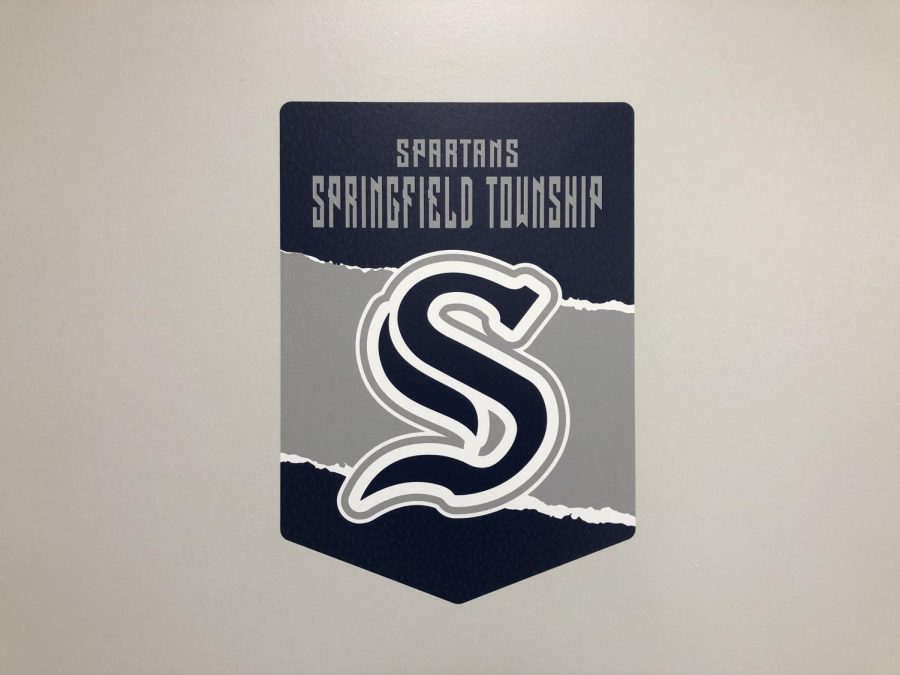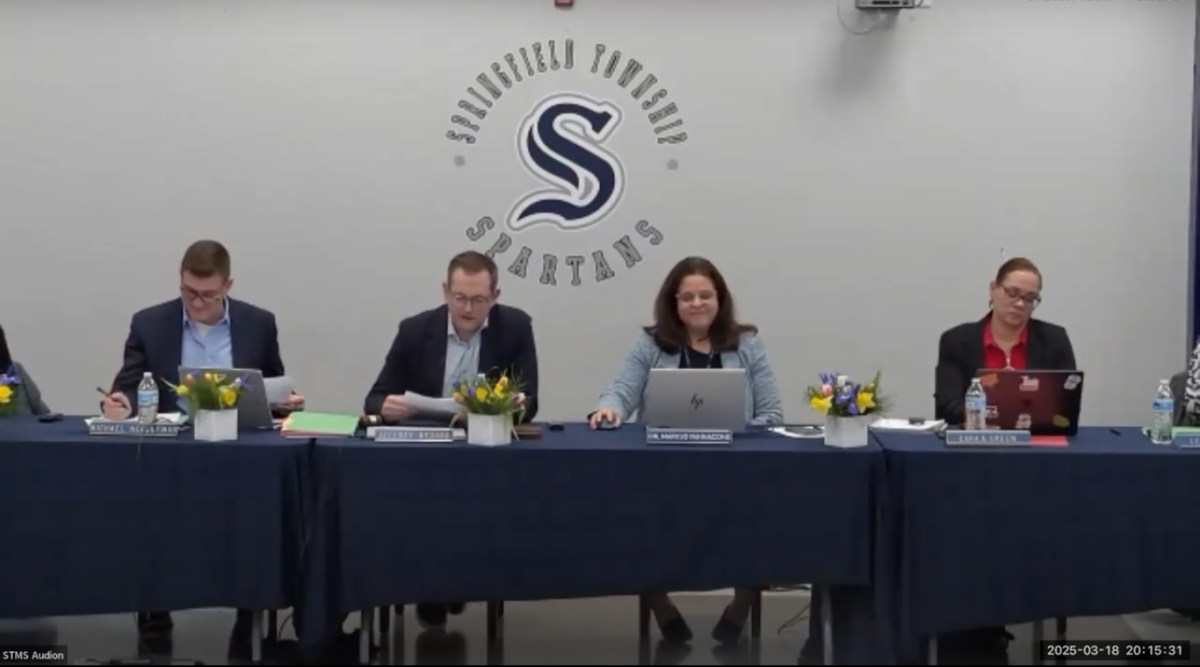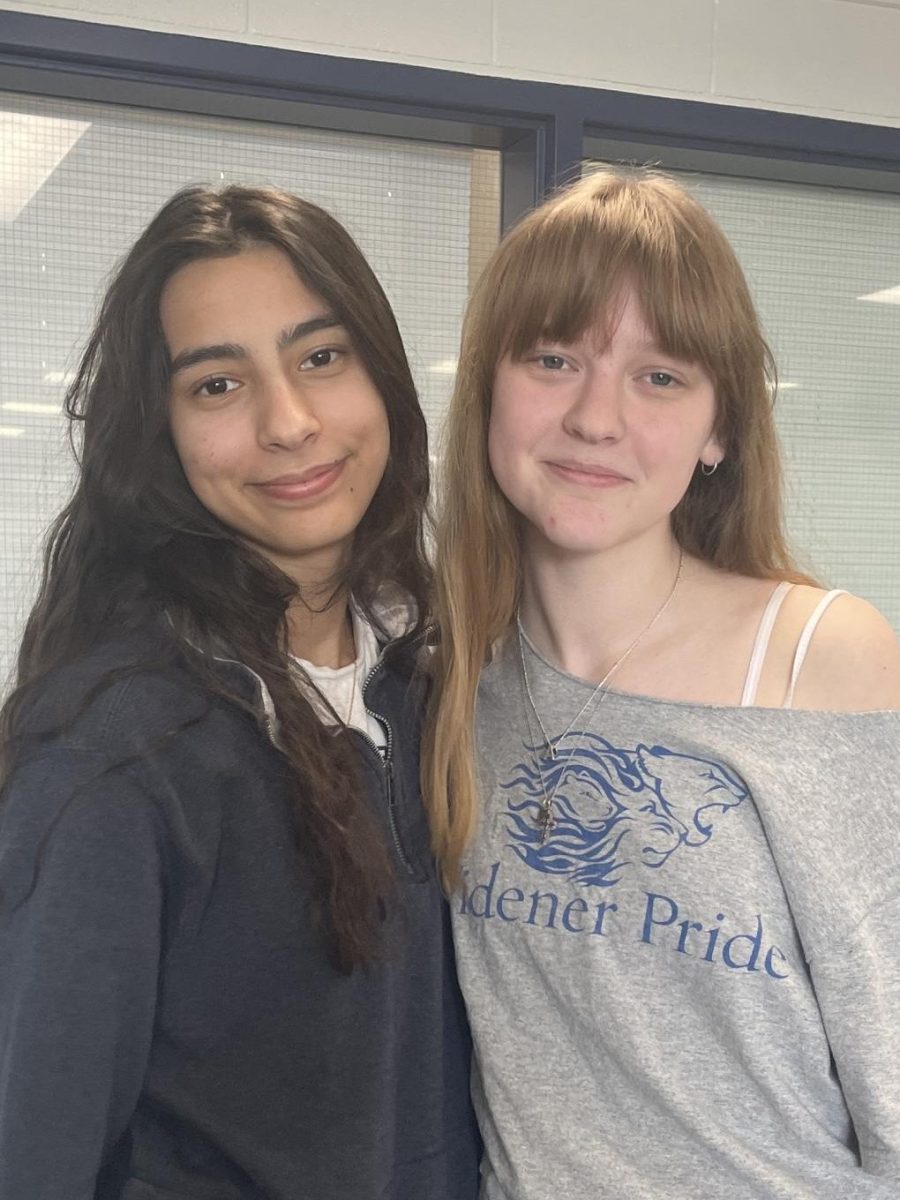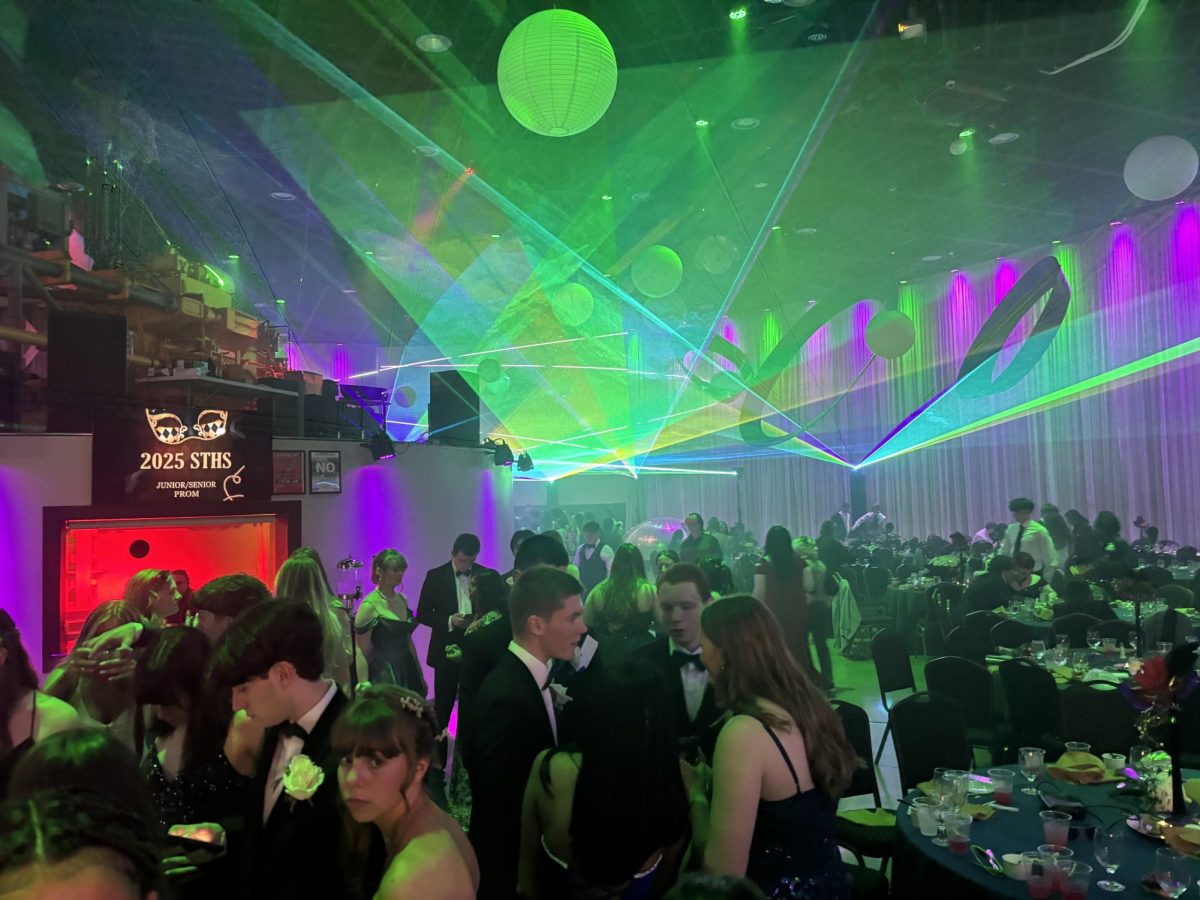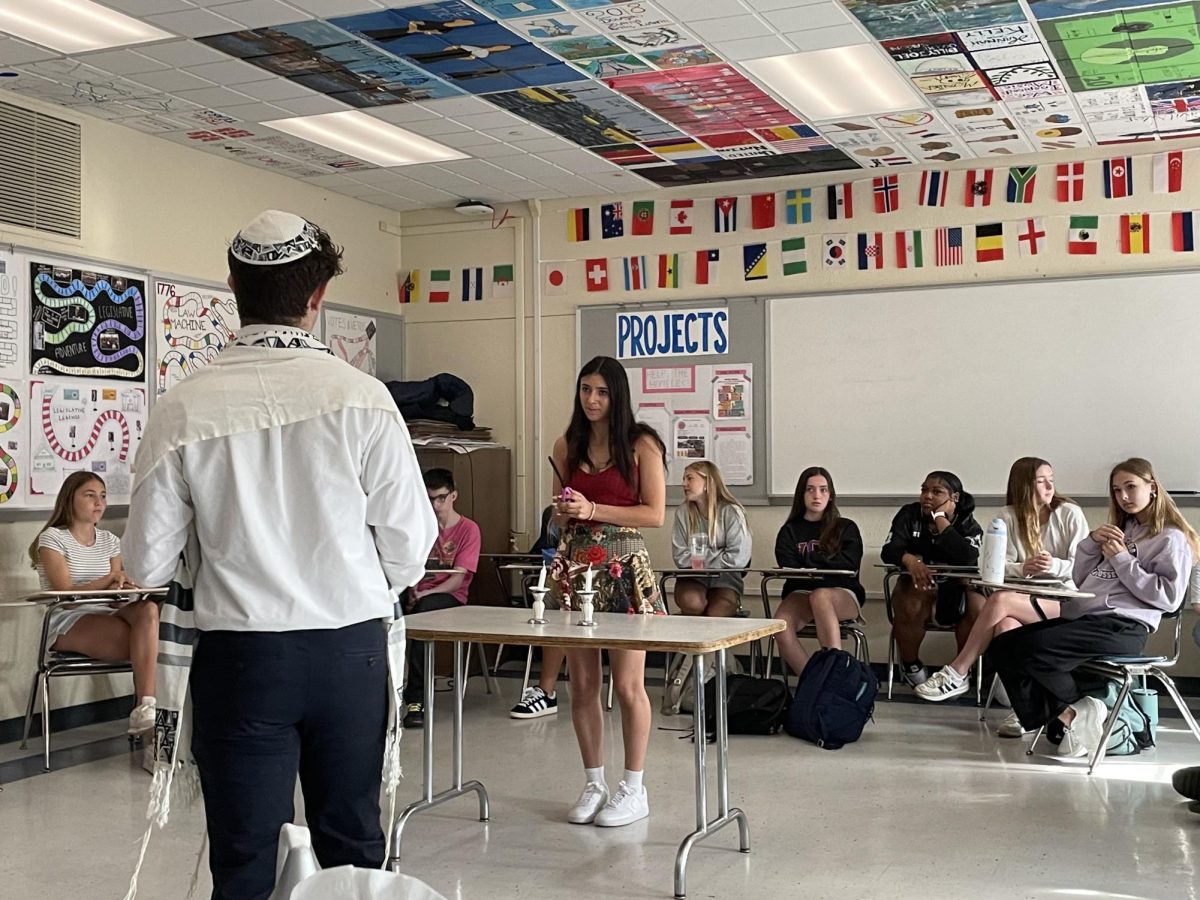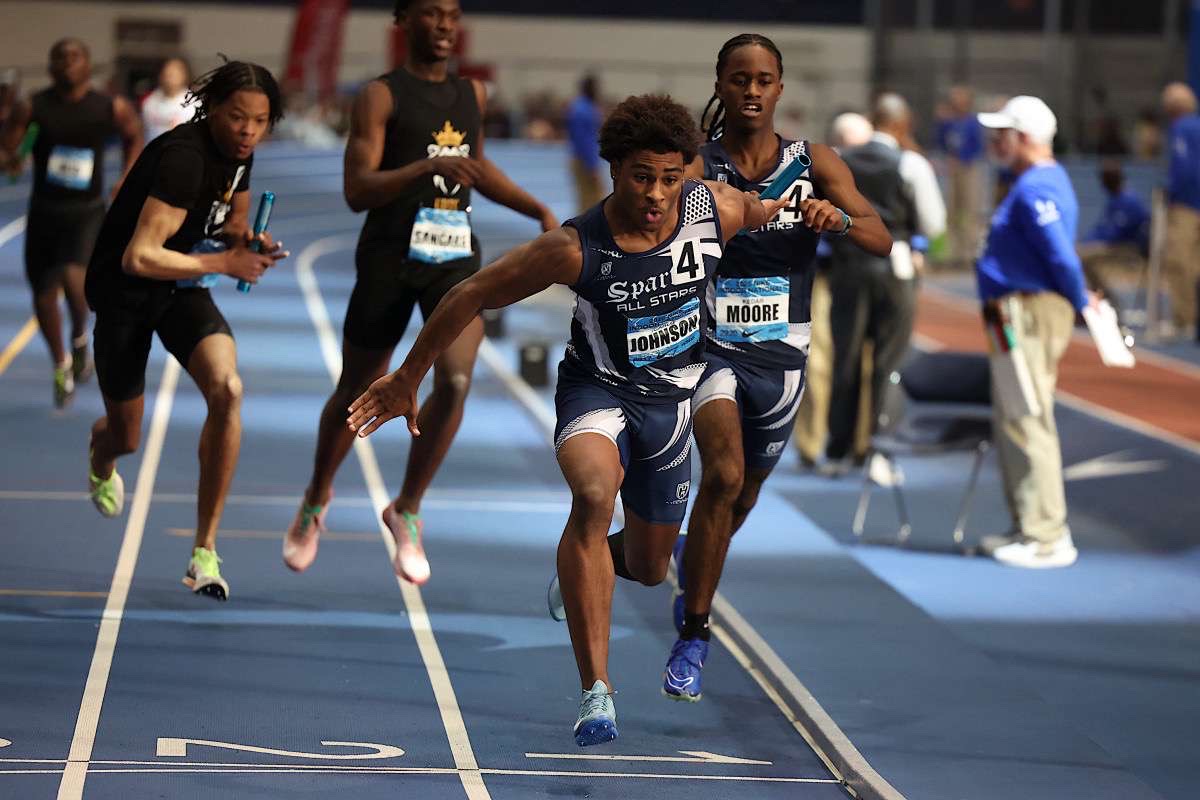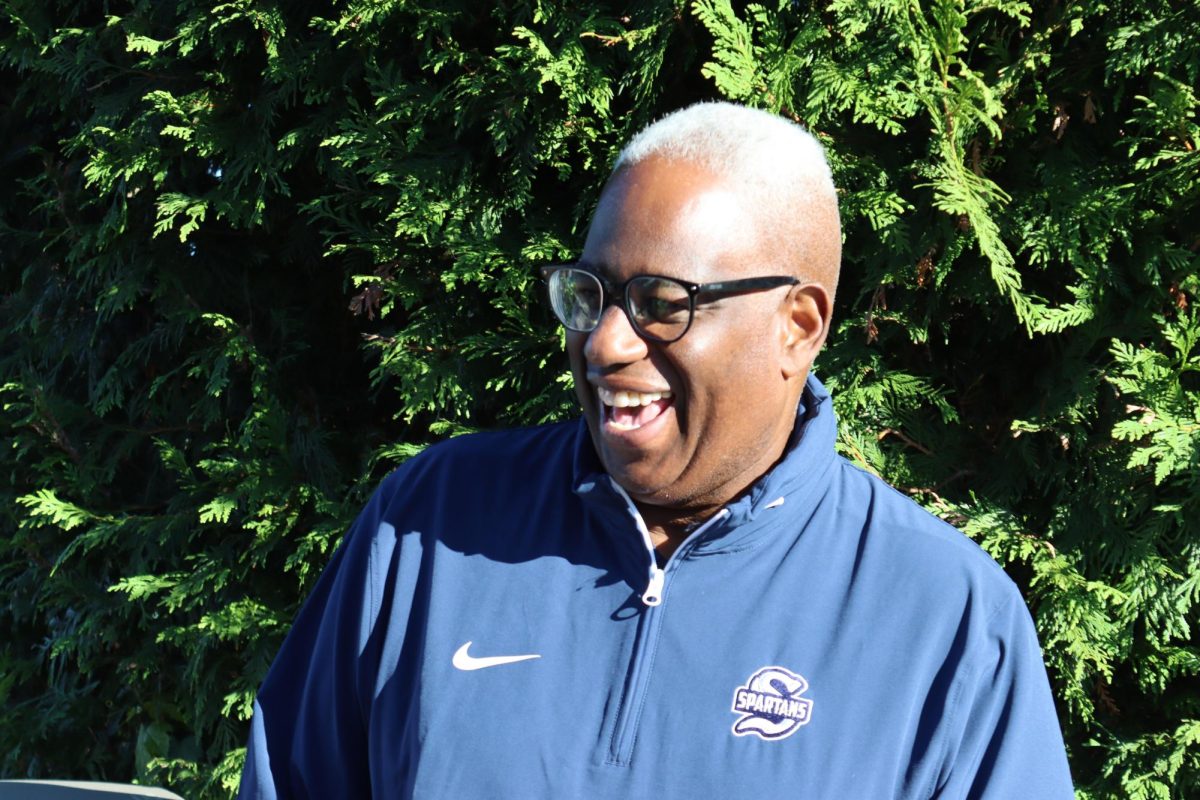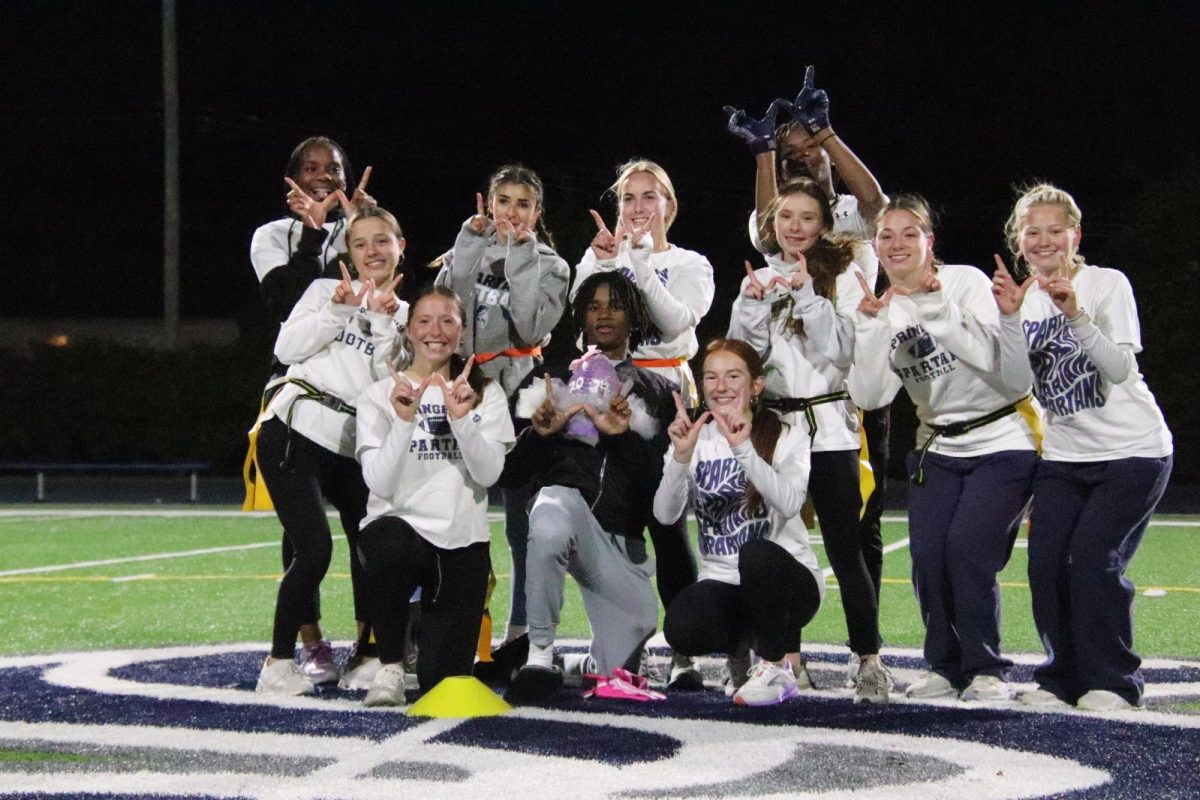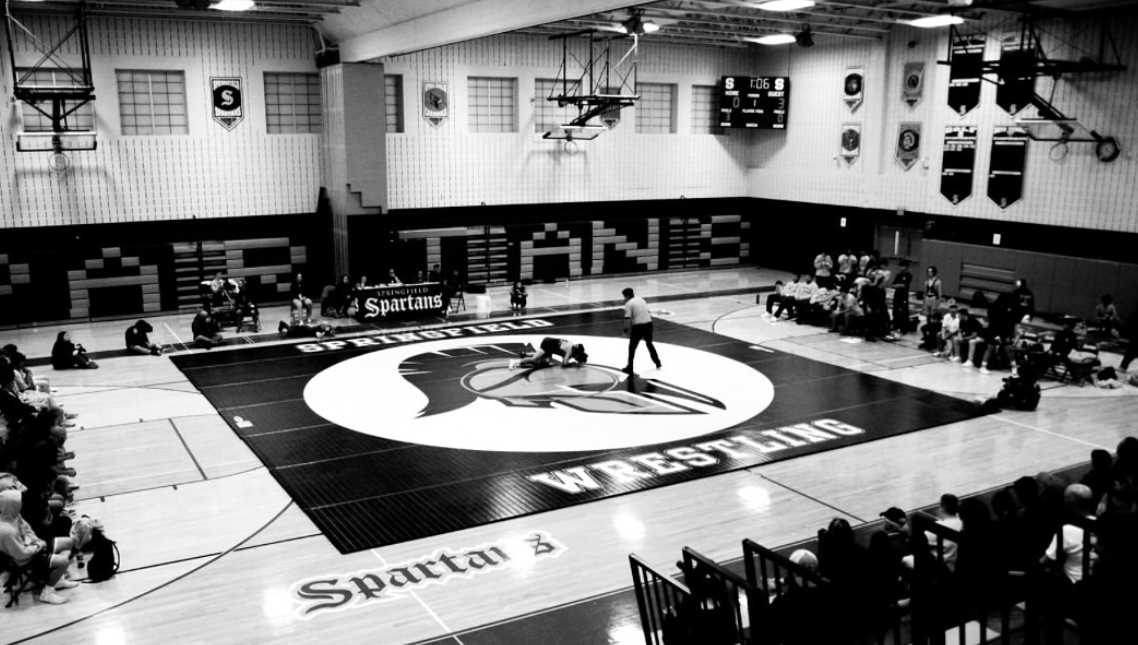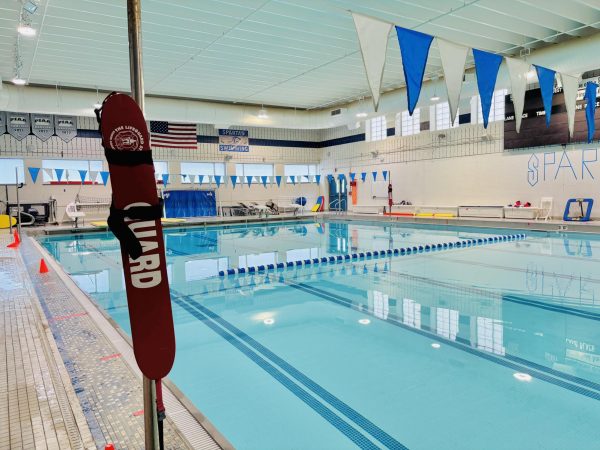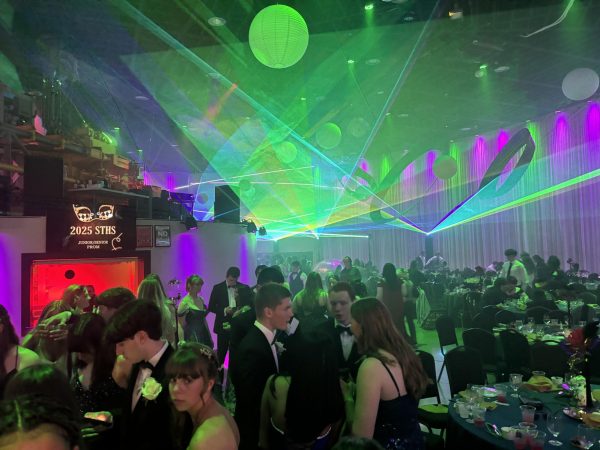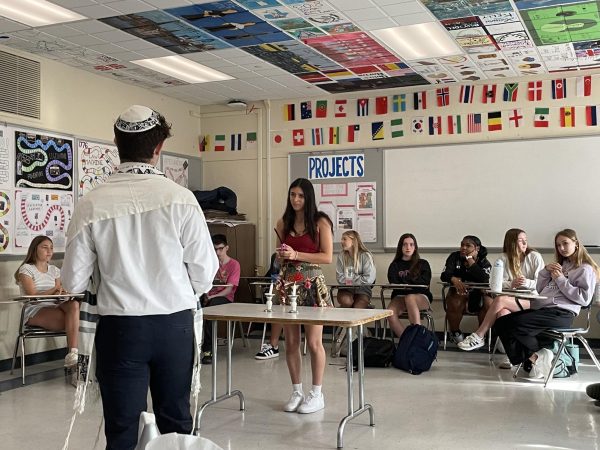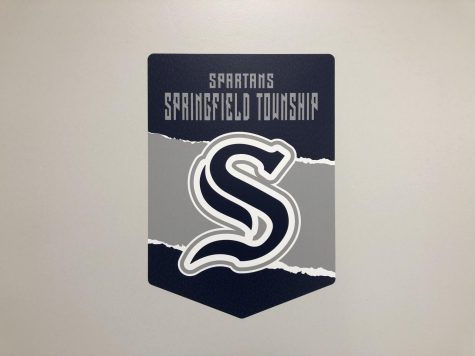The Return of Field Trips
As we have begun the transition back to “normalcy” after two years of “Covid school,” STHS students and teachers have begun to take their learning back out into the world through multiple field trips.
Ms. Reilly’s Honors Global Studies class and Mr. Taylor’s AP United States Government class teamed up and took a trip down to Washington D.C. to visit the Holocaust Museum and explore the National Mall. Mrs. Sheahan’s Anatomy students visited the Mutter Museum where they participated in a class on conjoined twins. Spanish students of every level had the opportunity to visit Le Luna Dance Studio and take a fun class on Spanish dancing. These and many other field trips that have taken place thus far throughout the year provide various social and learning benefits, but can also cause some setbacks.
Field trips can be a great way for students to “apply their knowledge to the real world,” says senior Myanna Dillard. After a long stretch of schooling from home and social distancing within the building, it’s “refreshing” to step out into the world and “see the things you learn about in class come to life.”
“Going on field trips places [us] in more interactive environments,” says sophomore Sean Powell, “I feel that people show so much interest in students on field trips and are willing to share so much knowledge.” While there is certainly so much to be learned from textbooks and in-class discussions, sometimes the most valuable lessons can be learned from interacting with new environments and people.
When Senior Nick Solomon went on the Washington D.C. field trip with his Global Studies class, he noticed that “field trips help us with social skills since we learn how to be out on our own and navigate the real world.” Social skills are just as important as academic skills for high school students getting ready to transition into adulthood; field trips undoubtedly give students a glimpse into the independence of adulthood, even if it is just for a day.
Even with all of these benefits, teachers and students alike recognize that field trips can also place a burden on students, especially when it comes to making up for missed class time and assignments.
“I wish that teachers would be more understanding about missing class for field trips,” says senior Paige Robinson. While field trips can be educational, entertaining, or both, sometimes the amount of instruction time and work students become responsible for making up outweighs these benefits.
We are excited to see how more STHS courses will adopt field trips into their curriculums in the future.
Your donation will support the student journalists of Springfield Township High School. Your contribution will allow us to purchase equipment and cover our annual website hosting costs.
Mollie Young, class of 2023, is a writer and Features Editor for The Chronicle. Outside of school, she enjoys swimming, playing golf, reading, and traveling.


